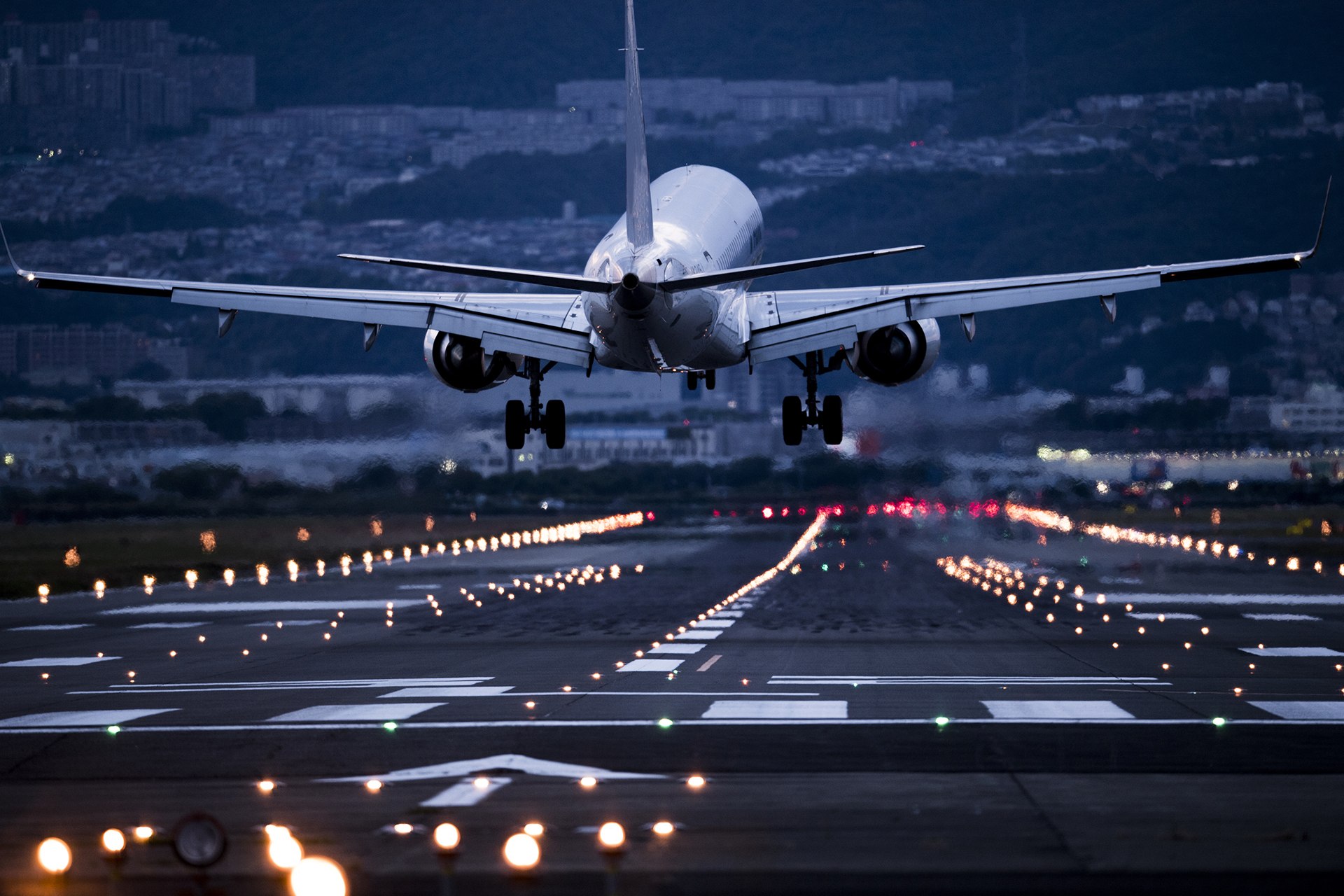When will we be traveling again in large numbers? And what will travel be like in the future?
The first question depends on a medical solution to the coronavirus pandemic. The second is best answered with experience.
I asked eight travel pioneers for predictions on what the future of travel will be—current and former chairmen and chief executives of travel companies and a former secretary of transportation. All have experience from past crises and recoveries.
Most foresee a lasting decline in business travel, but think leisure travel will bounce back robustly. That means airlines and hotels will have to change their business plans, being unable to rely as much on rich revenue from corporate travelers. Expect higher ticket prices and room rates for vacationers to cover the costs with fewer high-dollar customers to subsidize bargain-seekers.
“The airline industry is going to have to examine its business plan,” says Robert Crandall, former chief executive of American Airlines. “You are never going to see the volume of business travel that you’ve seen in the past.”
He estimates one-third to one-half of business travel will go away. More meetings will take place electronically. Trips once thought necessary will be seen as superfluous. “Everybody who depends on business travel is going to have to rethink their game plan,” Mr. Crandall says.
The pandemic has forced widespread, rapid adoption of videoconferencing technology. The technology is mature, easy to use and available on any device.
“Will it be as necessary to send road warriors out? I have serious doubts about that,” says David Tait, a founding architect of Richard Branson’s Virgin Atlantic Airways. “The business market is seriously endangered.”
Jeff Potter, a former CEO of Frontier Airlines who also ran a private-aviation subscription service shuttling people in markets such as Los Angeles-San Francisco, says those frequently traveled hops will probably take the hardest hits.
“We’re all dealing with a case of the unknown,” he says.
Even a tiny uptick at the beginning of the summer faded once Covid-19 cases started to surge in some states. The industry is mired in what has now become a depression. On Tuesday, the International Air Transport Association updated its projection of when travel will return to pre-Covid-19 levels: 2024, a year later than the airline group’s previous forecast.
Hotels may be faring slightly better because many people have chosen to drive to destinations for summer getaways. Arne Sorenson, CEO of Marriott International, says a significant rebound can happen without a vaccine. The Chinese and U.S. hotel markets have similar dynamics. About 90% of guests in both places are domestic travelers. Occupancy rates are now over 50% in China, he says, up from 10%. In the U.S., occupancy has been inching up each week.
“I suspect we will see travel mostly come back,” he says. But leisure travel will be a bigger piece of hotel business—a trend that started before the pandemic.
A significant travel rebound, in whatever form it takes, requires widespread vaccination and an effective treatment or cure. It will take both to assure the masses that they won’t risk serious or fatal illness by traveling, experienced travel hands say.
Medical solutions alone won’t do it, though. Industry veterans say countries are going to have to standardize entry
requirements, lest confusion frustrate travelers and encourage them to stay home. Will documentation of vaccination be required? What repatriation rules will be in place should an outbreak happen? Will local health-care facilities be adequate, or will vacation destinations need to invest in clinics and hospitals for visitors?
“We’d to see the world start to to try to coordinate,” says Matthew Upchurch, CEO of Virtuoso, a network of luxury travel agencies. The lack of government coordination and reliability has left potential travelers with a fear of being quarantined or stranded, he says. The lack of clarity on airline and hotel refund policies has inhibited travelers as well.
Virtuoso agencies polled customers recently and found that relaxed cancellation policies were more important to people considering booking trips than a vaccine.
William Franke, whose Indigo Partners owns Frontier, along with low-cost airlines in Europe, Mexico and South America, agrees on the lack of government coordination. “There is no unanimity from a regulatory perspective in the world,” he says.
“It’s a mixed bag. It’s hard to keep track.”
With so many hurdles, recovery will be gradual. It will probably take a year or more following the launch of a vaccine for enough people to be vaccinated to encourage travel, and another year after that before travel happens in large numbers.
“Confidence is something you earn. It’s not a switch you flip,” says Gordon Bethune, former CEO of Continental Airlines. “It’s going to get fixed. But what we’ve gone through leaves scar tissue. So there’s some residual barriers. It will change behavior in some of us, not all of us.”
The travel veterans think that all the attention to cleaning airplanes, airports and hotel rooms will fade once the viral threat has faded. Travelers want bargains, and industry cost-cutting always kicks in.
One area where travelers are likely to see permanent change is at airports. Facial-recognition systems for everything from checking bags to passport control are likely to become far more widely adopted to reduce person-to-person contact. Security, passport and customs lines themselves may get redesigned. Video links may enable processing of international passengers before they depart, rather than having them go through passport control lines upon arrival. Even hotel shuttle buses may become a relic.
“There’s just so many parts on the ground that have to be worked out before we get it right in the air,” Mr. Tait says. “The airport part of it has to get less daunting”…



